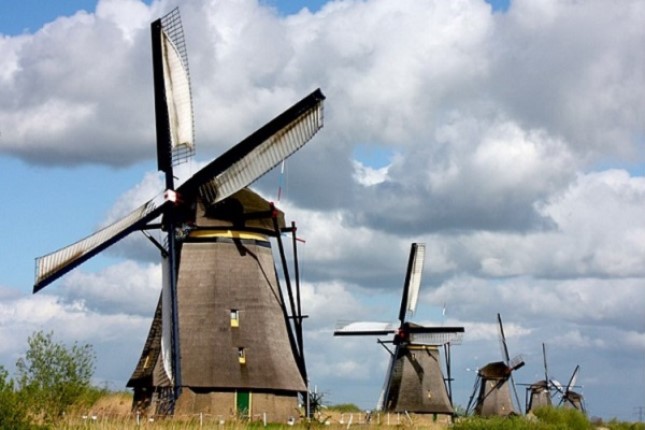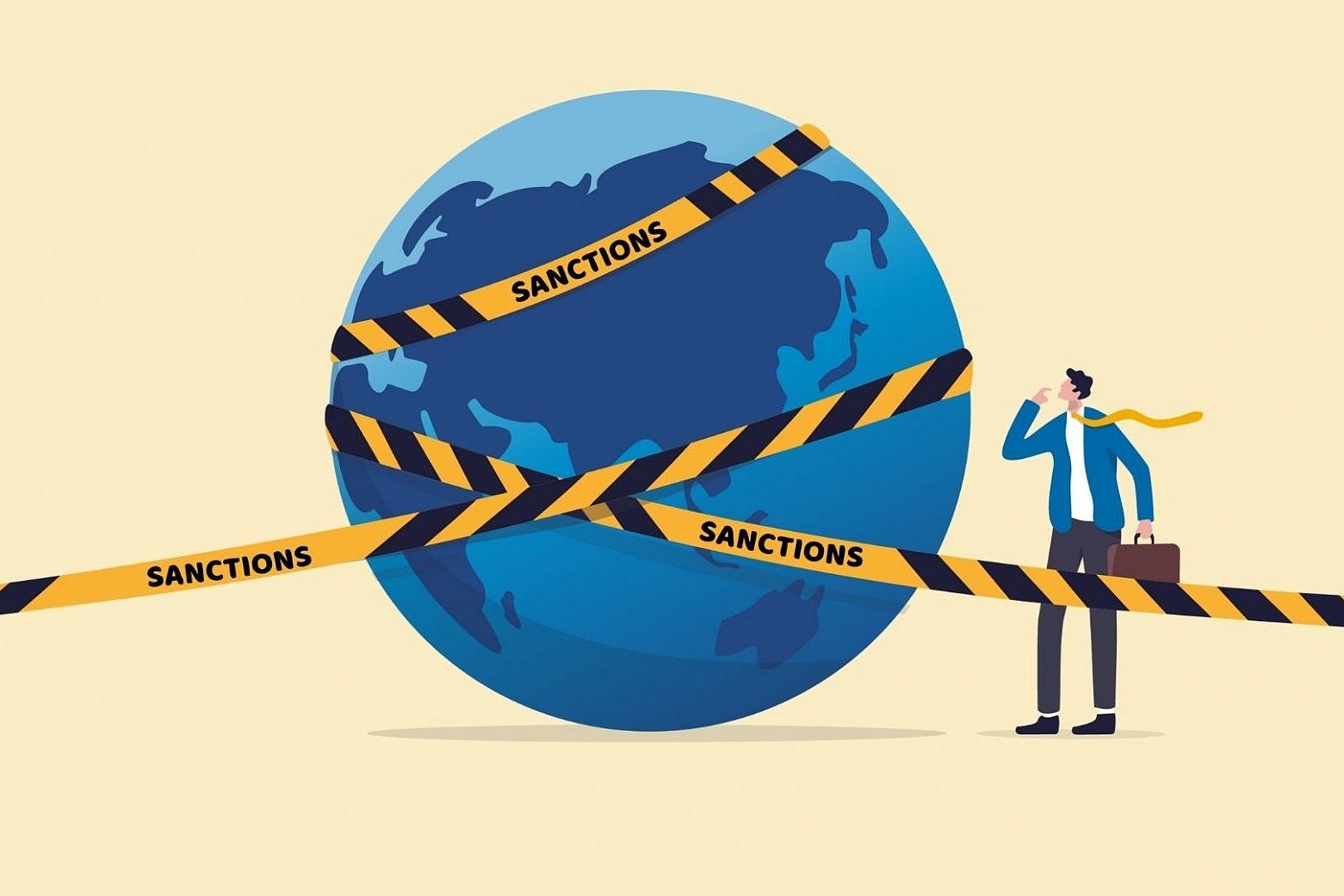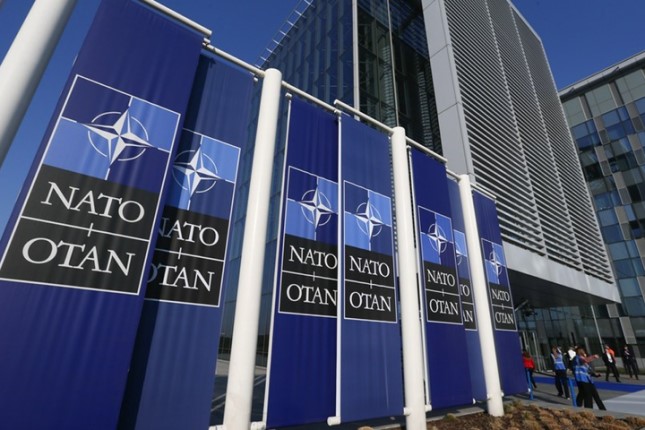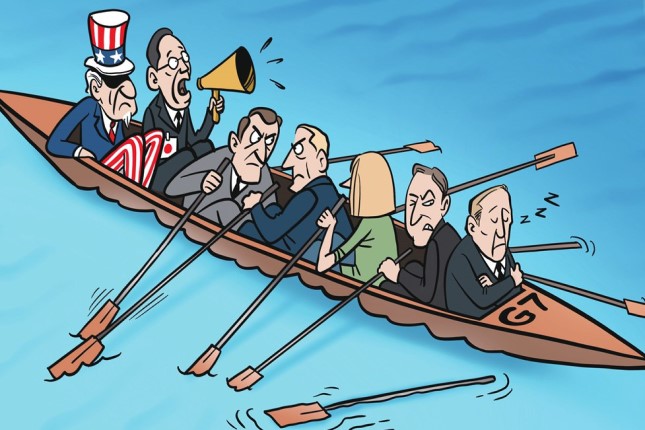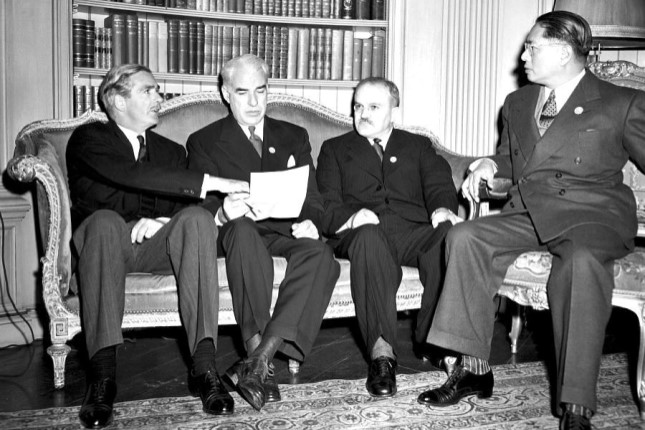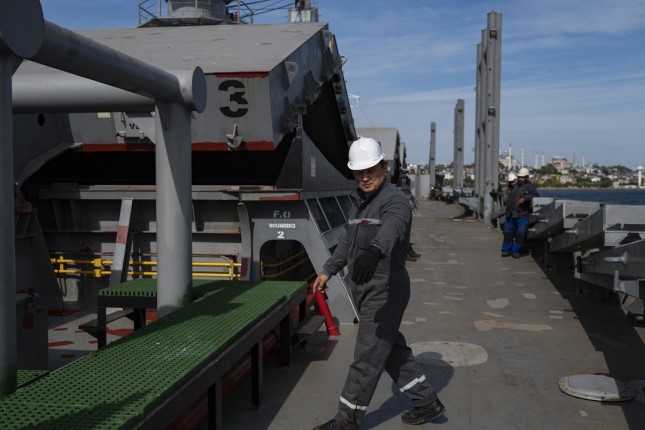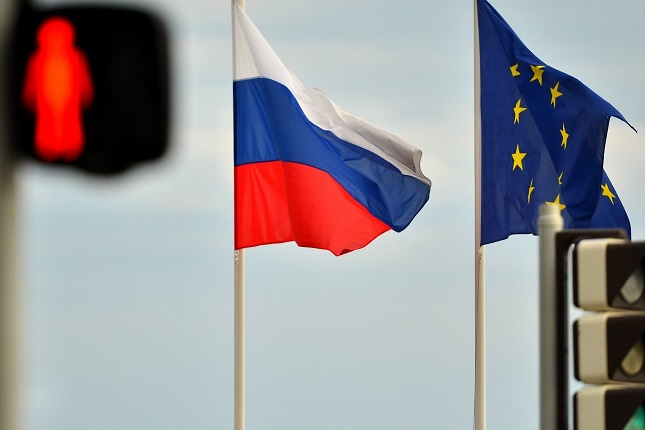"Yes, we're all worse off," he said, saying that seeking to offset rising prices with higher wages would only fuel more inflation. "So somehow in the U.K., someone needs to accept that they're worse off and stop trying to maintain their real spending power by bidding up prices, whether higher wages or passing energy costs through on to customers, et cetera." This was a somber assessment of the state of the U.K. economy and, arguably, of the European Union (E.U.) economy, too.
For 30 years, the E.U. bought cheap natural gas from an adversary, Russia, to fuel its nations' economies. The cheap gas allowed them to maintain cost parity with their Asian and U.S. competitors in the world export markets for manufactured goods like machinery, vehicles, and chemicals, all energy-intensive manufacturing processes. At the same time, they shut down fossil fuel power plants and even nuclear power plants, although the latter emits only heat and water vapor as byproducts of their operations. In doing so, they abandoned 79 billion tons of domestic coal reserves across the E.U., further placing their manufacturing sector at the mercy of foreign energy producers. Then, when the E.U. placed an embargo on the import of fossil fuels from Russia due to the latter's invasion of Ukraine, Vladimir Putin, Russia's president, administered the coup de grâce: he cut off the supply of Russian gas to the E.U. from the Nord Stream One pipeline. Parties unknown sealed the fate of the E.U. when they blew up the undersea pipeline, ensuring that the supply of cheap natural gas to the E.U. had ended.
Why did the E.U. commit economic suicide by basing its economy on the supply of energy from an adversary? Why did E.U. nations reconfigure their power grid to eliminate electricity production from coal, an energy source that is abundant, reliable, economical, and domestically produced? Why did they shift to less reliable and uneconomical sources for the production of electricity like wind and solar voltaic cells and, in the process, eliminate millions of jobs in their domestic energy sector and adversely impact their balance of trade? Who were responsible for these bad decisions, and why did they make them?
For the past 30 years, politicians throughout the E.U. kowtowed to the green parties and eco-terrorists in their countries by declaring war on the carbon atom and the hydrocarbon bond based on the fraudulent man-made global warming hypothesis. Many politicians in Europe joined the global warming chorus with full-throated support; it assumed the element of noblesse oblige. In 2018, British prime minister Theresa May stated: "There is a clear moral imperative for developed economies like the U.K. to help those around the world who stand to lose most from the consequences of man-made climate change." The implication from the prime minister's remarks: those who don't support the fraudulent hypothesis are immoral.
Today, energy costs in the U.K. have trebled from just two years ago, and rampant inflation throughout the E.U. is at a level not seen since the 1970s. The price advantage manufacturers once enjoyed in international markets is gone, in the process smashing the continent's once-harmonious labor relations as unions throughout the E.U. in every economic sector from transportation to manufacturing to health care strike for higher wages to offset higher energy and food costs. As global trade cools, Europe's heavy reliance on exports — which account for about 50% of eurozone GDP versus 10% for the U.S. — is becoming a weakness.
Unfortunately, there is no quick fix for the problems the E.U. faces. Coal mines have been closed, coal-fired power plants have been shuttered, and it will take years, perhaps decades, to turn things around. In the interim, the E.U. runs the risk of devolving into a third-world power, both economically and militarily.
It did not have to be this way. If the populace and political leaders in the E.U. had not allowed themselves to be fooled by the pseudoscience that underpins the fraudulent global warming hypothesis, their standard of living would not have been destroyed.
In my book titled Global Warming: The Great Deception — The Triumph of Dollars and Politics Over Science and Why You Should Care, I cite published, peer-reviewed scientific research, employing the first principles of the relevant scientific fields of thermodynamics, quantum mechanics, atmospheric physics, and spectroscopy to prove that CO2 does not cause global warming. I use publicly available data from the world's temperature databases to prove that there has been no significant global warming of the Earth's atmosphere, oceans or land mass as the concentration of CO2 in the atmosphere increased, thereby falsifying the global warming hypothesis. I use publicly available information to demonstrate that the motivation of the U.N. IPCC, certain world politicians, and global investment firms is to gain financially by promoting the fraudulent hypothesis. It is all about the money and political power. Science has been sacrificed on the altar of opportunism for economic and political gain.
Will American politicians and the American electorate learn from the E.U.'s mistakes? At present, it sure doesn't look like it. Democrats and the Biden administration are rushing headlong to join their European colleagues in embracing the fraudulent man-made global warming agenda. President Biden canceled the Keystone Pipeline and suspended the leasing of federal lands in the U.S. for oil and gas exploration. He directed the U.S. EPA to issue guidelines that would effectively eliminate the operation of fossil fuel–fired power plants and cars with internal combustion engines in the U.S. in ten years or less. He directed the U.S. Fish and Wildlife Service to declare the most productive lands for the production of oil and gas in the Permian Basin in the U.S. to be off-limits for oil and gas production, in order to preserve the habitat of the Greater Eastern Prairie Chicken.
Republicans are afraid to oppose these efforts from fear of being called "deniers" or opponents of "science." Meanwhile, global investment firms are licking their chops at the prospect of billions of dollars of fees from managing ESG investments and selling carbon credits and offsets. Is the U.S. destined to suffer the fate of the E.U.?
Source: American Thinker.
